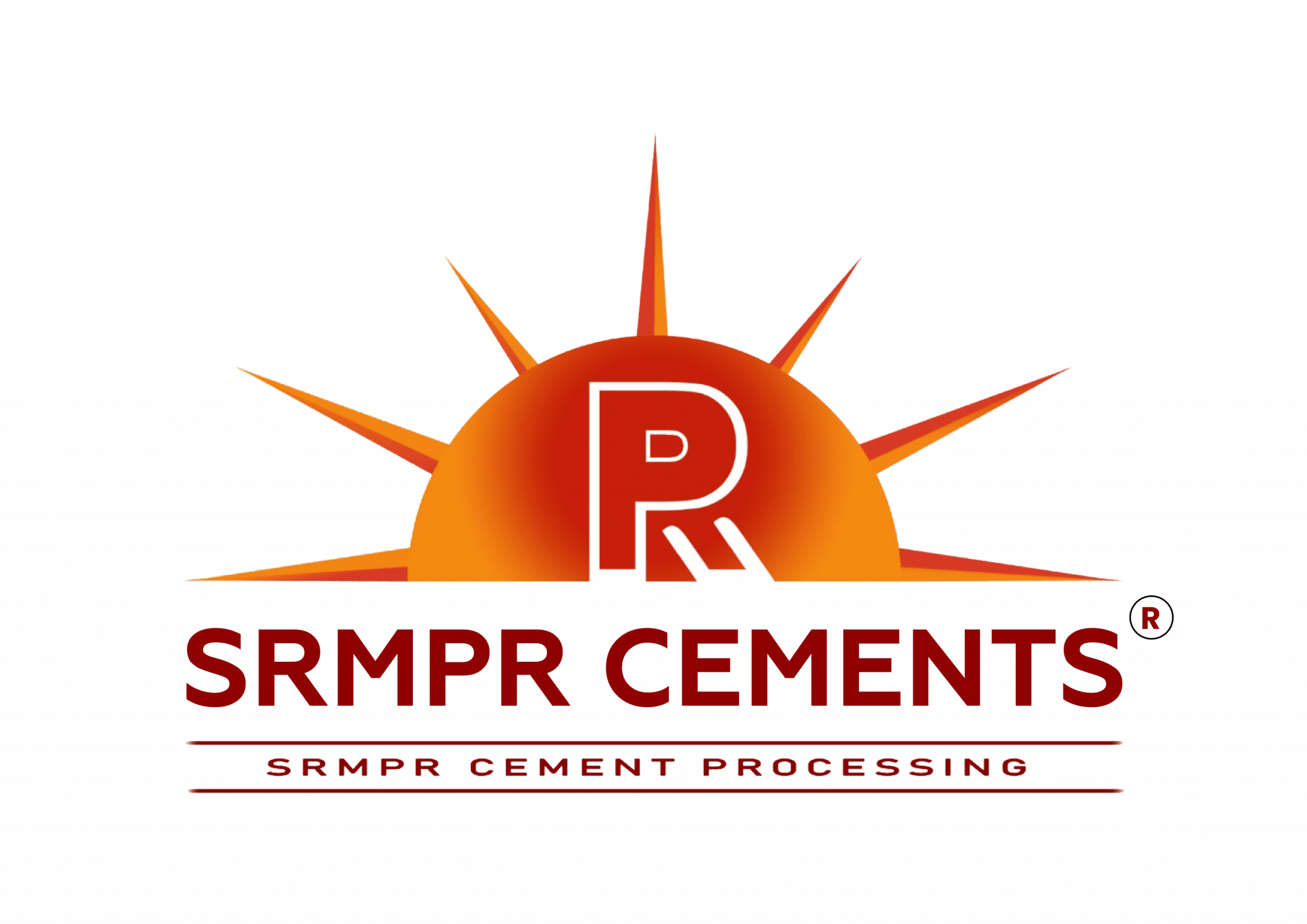Artificial intelligence (AI) can be utilized in various ways within the cement industry to improve efficiency, optimize processes, and enhance overall performance. Here are several applications of AI in the cement industry:
Process Optimization:
- Predictive Maintenance: AI algorithms can analyze data from sensors and equipment to predict when maintenance is needed. This helps in reducing downtime and preventing unexpected breakdowns.
- Energy Management: AI can optimize energy consumption by analyzing data from various sources and suggesting adjustments to reduce energy costs.
Quality Control:
- Automated Quality Inspection: AI-powered image recognition systems can be used to automatically inspect and detect defects in raw materials, finished products, or during various stages of the manufacturing process, ensuring high-quality production.
- Predictive Quality Modeling: AI can analyze historical data to predict potential quality issues, allowing for preventive measures to be taken.
Supply Chain Management:
- Demand Forecasting: AI can analyze historical data, market trends, and external factors to predict demand for cement, optimizing production schedules and inventory management.
- Logistics Optimization: AI algorithms can optimize transportation routes and schedules, reducing transportation costs and improving overall supply chain efficiency.
Process Automation:
- Robotic Process Automation (RPA): Implementing RPA in routine and repetitive tasks can increase operational efficiency and reduce the risk of human errors.
- Autonomous Vehicles: AI-powered autonomous vehicles can be used for material handling within the cement plants, improving logistics and reducing labor costs.
Environmental Monitoring and Compliance:
- Emission Control: AI can monitor emissions in real-time and suggest adjustments to maintain compliance with environmental regulations.
- Sustainability Analytics: AI can analyze data to identify opportunities for reducing environmental impact and increasing sustainability.
Data Analytics and Decision Support:
- Data-driven Decision Making: AI algorithms can analyze large datasets to provide insights into production processes, equipment performance, and overall plant efficiency, aiding in strategic decision-making.
- Cognitive Computing: AI can assist plant operators and managers by providing real-time insights, alerts, and recommendations for optimizing operations.
Human-Machine Collaboration:
- Augmented Reality (AR) and Virtual Reality (VR): These technologies, when combined with AI, can provide immersive training experiences for operators and maintenance personnel, improving skill levels and reducing training time.
Implementing AI in the cement industry requires a combination of advanced technologies, data integration, and expertise in both AI and the specific processes of cement manufacturing. The goal is to enhance efficiency, reduce costs, and contribute to a more sustainable and competitive industry.



